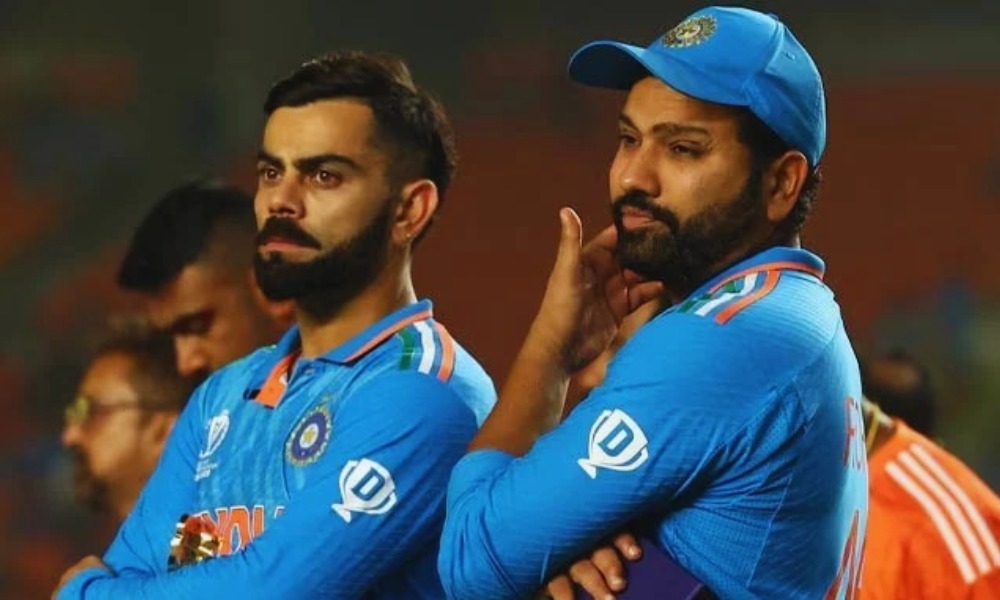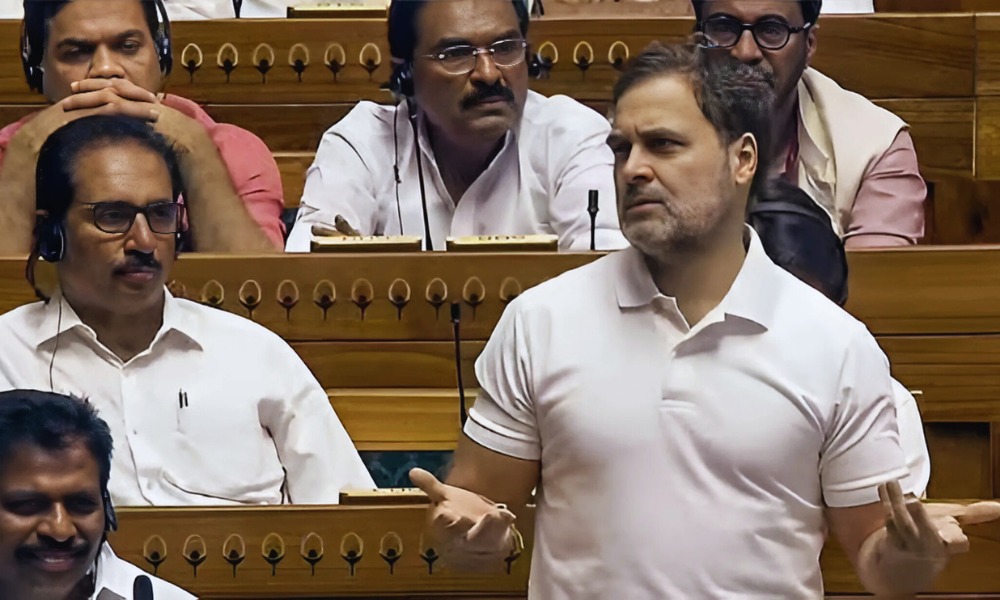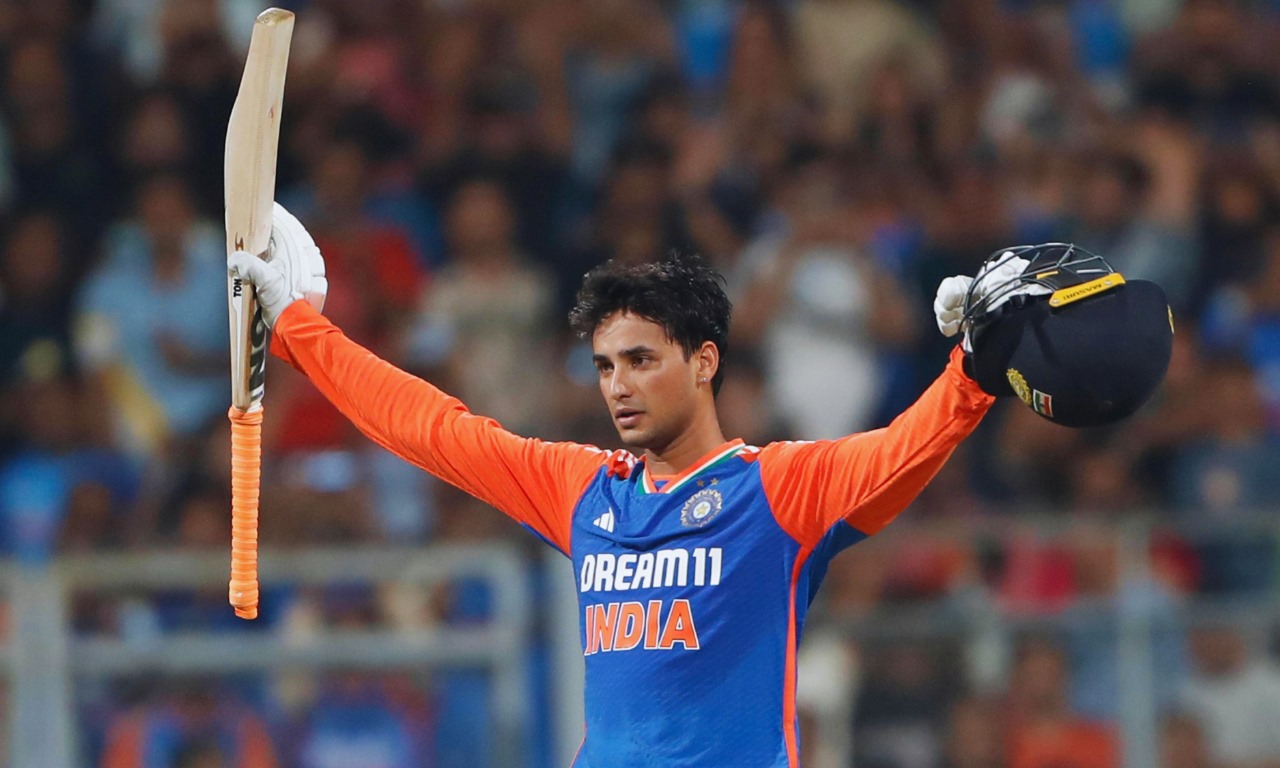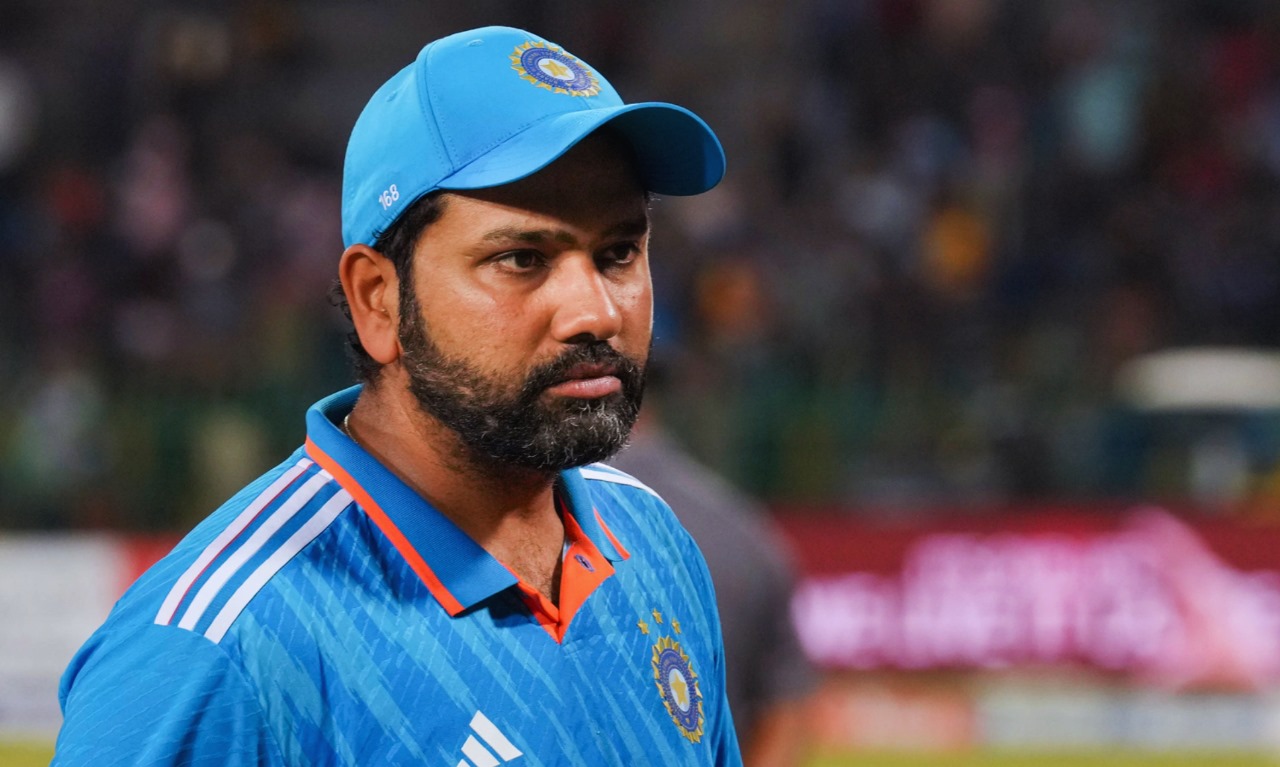Michael Vaughan Questions Harshit Rana’s Concussion Substitution for Shivam Dube in 4th T20I
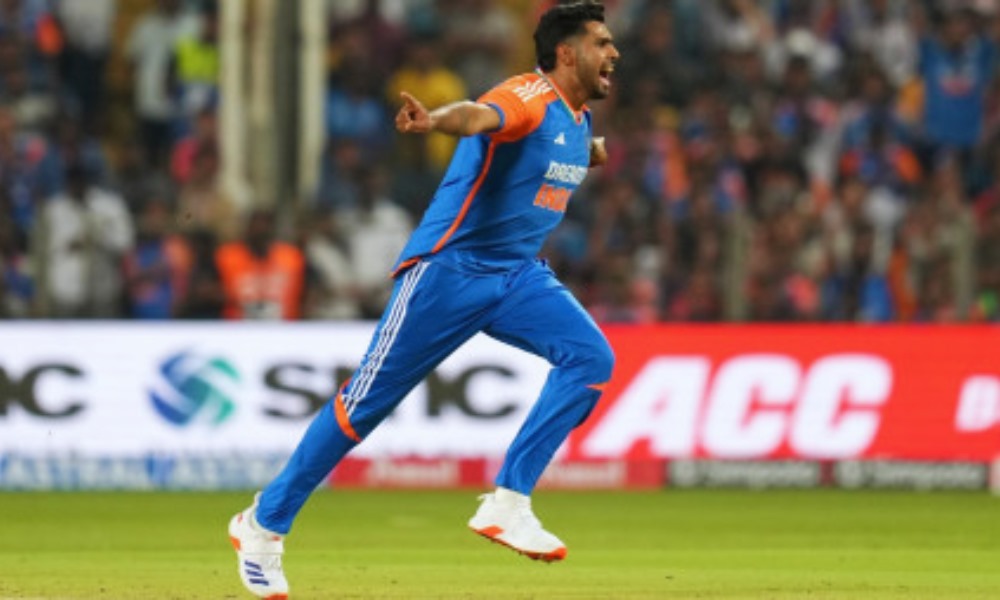
In the wake of the fourth T20I between India and England, former England cricketer Michael Vaughan expressed his confusion over the use of Harshit Rana as a concussion substitute for Shivam Dube.
The incident took place on January 31 at the MCA Stadium in Pune, where Dube was hit on the helmet in the final over of India’s innings, and Rana was introduced as his replacement.
Rana’s Key Role in India’s Victory
Harshit Rana played a pivotal role in India’s 15-run victory, which helped them clinch the T20I series 3-1. He delivered an impressive performance, taking the wickets of Liam Livingstone, Jacob Bethell, and Jamie Overton.
Rana finished with figures of 4-0-33-3 and also bowled the penultimate over, conceding just six runs when England needed 25 runs to win.
Despite his impactful performance, Vaughan questioned how Rana, a bowler, could be considered a “like-for-like” replacement for Dube, a batter who bowls part-time.
Vaughan acknowledged that England would likely have made the same decision if they had the same opportunity.
“How did they find that Harshit Rana was a like-for-like replacement for Shivam Dube, and an out-and-out bowler to replace a batter who bowls part-time is beyond me,” Vaughan said.
“England would have done the same, by the way, if they had the chance to replace a player for the same kind of player that India did in the end,” he added.
Concussion Substitute Rule Explained
The ICC’s Men’s T20I playing guidelines (Rule 1.2.7) state that a concussion replacement must be “like-for-like,” meaning the substitute should be of similar ability, and the replacement should not excessively benefit the team.
The rule is in place to ensure fairness, but the decision to allow Rana as a concussion substitute for Dube raised questions about whether the replacement was truly “like-for-like.”
Former Indian cricketer Aakash Chopra voiced his opinion on the matter, suggesting that Ramandeep Singh, a more suitable all-rounder, should have replaced Dube instead of Harshit Rana.
“It’s not really a like-for-like replacement if Harshit bowls…which he should. Ramandeep was the ideal ‘concussion replacement’ for Dube,” Chopra wrote on X.
England’s Discontent with the Decision
The controversy was further amplified when England’s captain, Jos Buttler, expressed his disapproval after Dube’s replacement.
Buttler was visibly frustrated, and during a post-match interview, he described Rana as a pacer, making it clear that he did not consider Rana to be a suitable replacement for Dube. “He (Rana) can’t be a like-for-like replacement for Shivam Dube,” Buttler commented.
Former England cricketers, including Kevin Pietersen and Alastair Cook, also expressed their displeasure.
Pietersen questioned the legitimacy of the replacement, highlighting that Buttler had been upset with the decision before and after being dismissed. “I’m not sure he is like for like. Jos Buttler was not happy with the substitute before getting out,” Pietersen stated.
Cook also joined the chorus of criticism, saying, “A big-hitting batting all-rounder is replaced with a guy who can’t bat and bowls heavy seam, makes no sense to me whatsoever. It seems absolutely madness that he was allowed.”
The Impact of Dube’s Injury on India’s Strategy
Shivam Dube had scored a brilliant half-century earlier in the match, and after being struck on the helmet, he suffered a delayed concussion and was unable to take the field in the second innings.
The decision to replace him with Harshit Rana raised questions about the integrity of the concussion substitute rule, as Dube’s replacement had a very different skillset, being an out-and-out bowler instead of a batter.
Dube’s ability to bowl was not crucial in this particular match, as he had rarely bowled his full quota of four overs in his 34-match T20I career, having done so only twice.
Nonetheless, the decision to allow a bowler to replace a batter was controversial and left many, including Vaughan, questioning the fairness of the substitution.
The Future of the Concussion Substitute Rule
The debate over the concussion substitute rule has gained momentum, with many questioning whether teams are using it to their advantage.
Critics argue that the rule is being bent in favor of the teams, especially when it comes to replacing a batter with a bowler or vice versa, depending on the match situation.
While the ICC has established guidelines for concussion substitutes, the controversy surrounding Harshit Rana’s inclusion in place of Shivam Dube has sparked renewed discussions on the fairness and interpretation of these rules.
A Divisive Decision
The decision to allow Harshit Rana as a concussion substitute for Shivam Dube in the fourth T20I has divided opinions.
While Rana’s excellent performance helped India secure a 15-run victory, many, including Michael Vaughan and former England players, have questioned the fairness of the substitution.
The debate surrounding concussion substitutes will likely continue as teams seek to gain an advantage from the rule, prompting calls for clearer guidelines and stricter enforcement.



